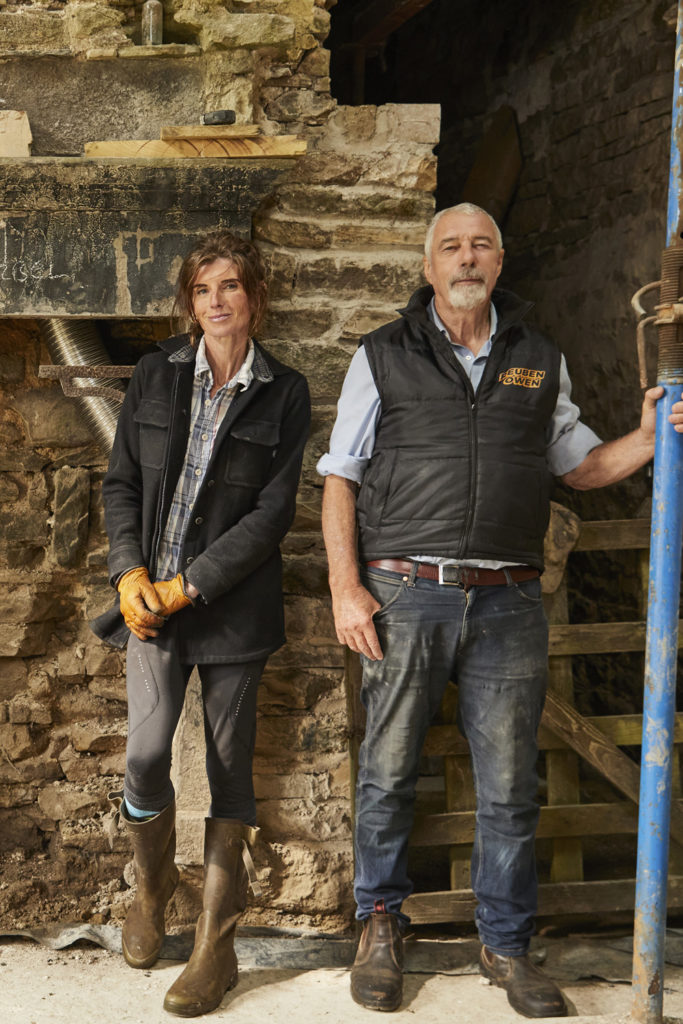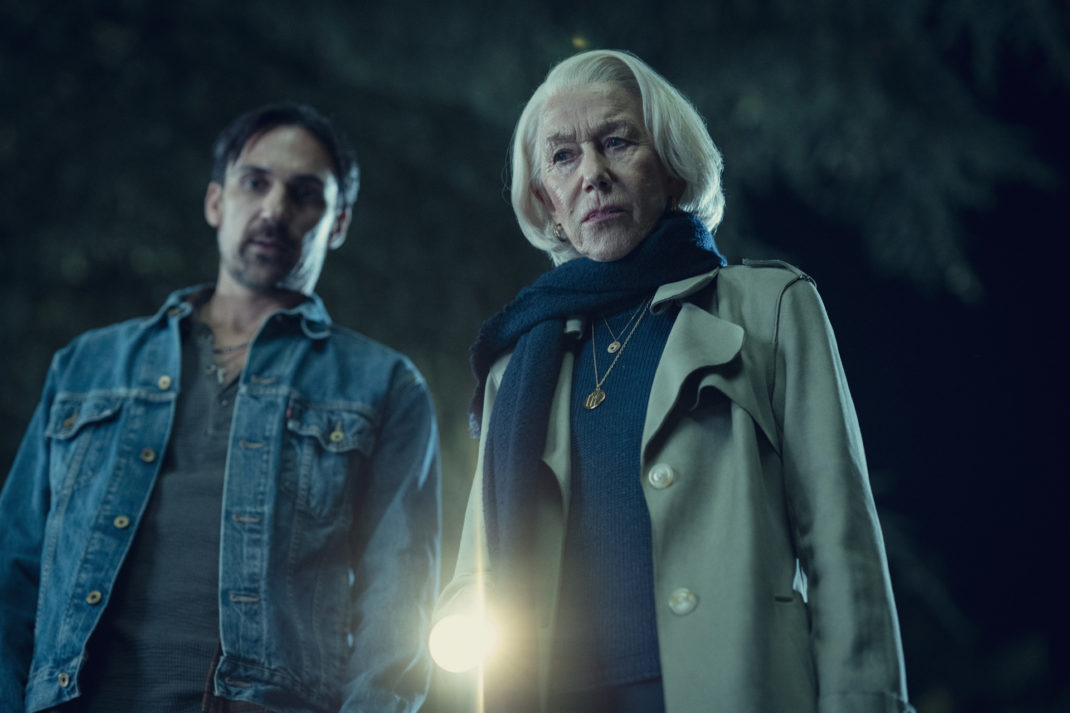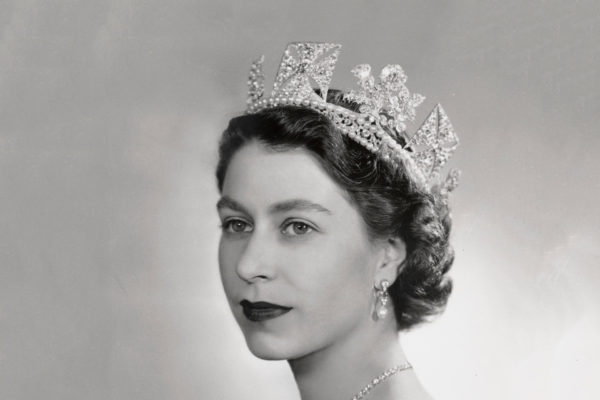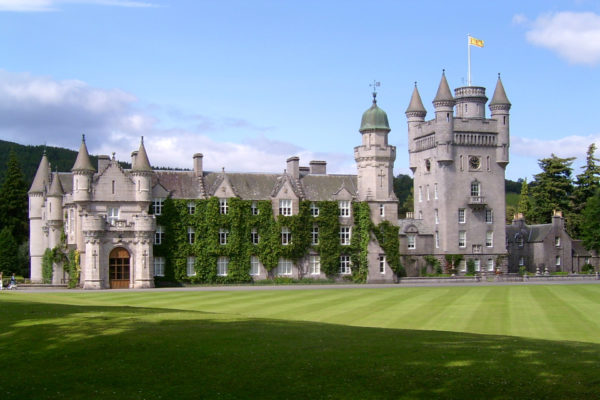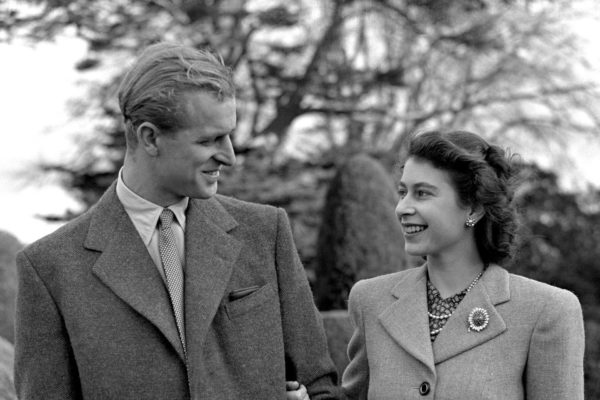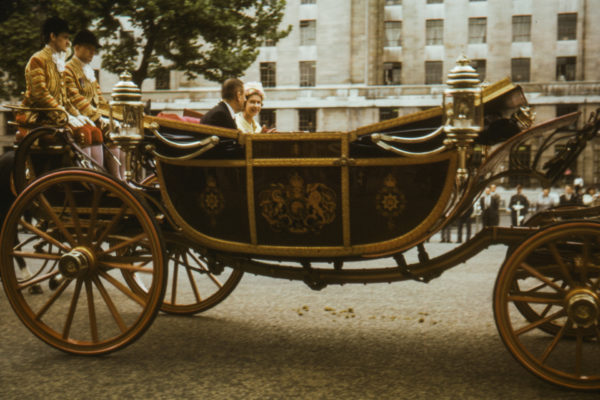How Did The Queen Change Women’s Lives?
By
2 years ago
By a woman who lived through her entire reign
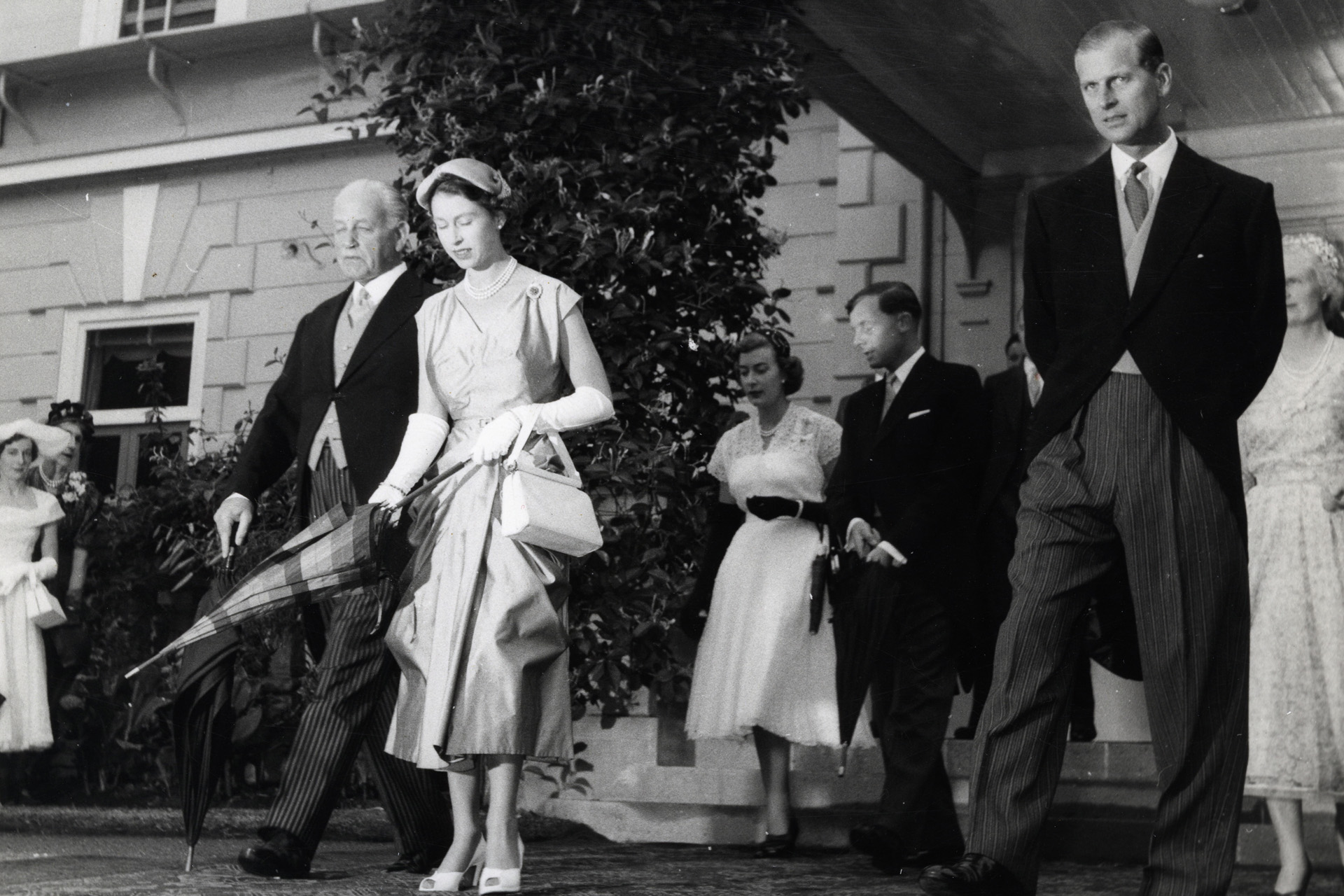
Although younger than our dearly departed monarch, Lucia Van Der Post has borne witness to the same extraordinary cultural, social and political changes this country has ever seen. Still at the top of her profession, when many others have long hung up their boots, she reflects on these past decades – and finds that the Queen was not only a steadfast and respected leader, she also showed the world what a woman could be. Lucia asks: how did the Queen change women’s lives?

Lucia Van Der Post has lived under the Queen’s reign her entire life
We all of us, of course, knew that the Queen had had one of the longest, most admired and glorious of reigns and yet there was a statistic that still stopped me in my tracks the other day – nine out of ten people living on this earth, I learned, were born after Queen Elizabeth II came to the throne. Or there are other little nuggets – four out of five British people weren’t alive when she came to the throne; she outlasted 14 British prime ministers and 13 US presidents. And another one – much more worrying – the population of the UK when she came to the throne was only 12 million whereas today it stands at 66 million. All of which has led me to reflect on what an extraordinary period she lived through and how quietly and almost imperceptibly she adapted to all that the changing world threw at her.
And while she was born some time before I was, nevertheless much of my life has been lived in a parallel world to hers. Together we lived through times of intense innovation, immense population growth (in my native South Africa the population during the same time grew much like the British one, from about 12 million to 58.8 million) and witnessed some of the most extraordinary changes in the way we all live our daily lives. I often reflect that my parents and parents-in-law, all of whom died in and around 1995 and 1996, would not be able to function in today’s world, so changed has daily life become in that short time.
I was born in South Africa and almost my earliest memory is of over-hearing that my father was ‘missing in action’ in a faraway place called Java and was presumed dead. We were poor but in South Africa it didn’t seem to matter much. We had the sun, the sea, the vineyards, the mountains. Food, housing and private schools were cheap and it took some time before the vast social injustices dawned on me and trouble in what had seemed like paradise began to rear its ugly head.
It was a very different England
But the England I encountered when I arrived seems from today’s vantage point like another country. Rosamond Lehmann’s The Weather in the Streets poignantly conjures up this lost world. Londoners could post a letter in the morning inviting somebody to dinner and have a reply back by the same afternoon. My husband, then a trainee barrister ‘eating his dinners’, shared a triplex with three other equally impecunious young men in Chester Square where today houses sell for anything from £15 million upwards.
Day-to-day public food was on the whole filthy. Meringues were still being made of reconstituted egg whites. ‘Orange juice’ sold by the milk trolleys that still delivered milk to people’s houses turned out to be orange squash – and not a good one at that. Vegetables were still usually overcooked, fish came in pale white glue-like pastes, meat was grey and unappealing. Elizabeth David brought the sunfilled flavours of the South to grey English tables with her glorious A Book of Mediterranean Food (published in 1950) but you still could only buy olive oil at the chemist (for loosening ear wax) while avocadoes, aubergines, peppers, chillies and yoghurt – let alone harissa, quinoa, za’atar or sumac – had not been heard of. Bananas were so exotic that they were considered prized assets to be displayed in the fruit bowl until they turned dark brown and could no longer be eaten.
There were three evening papers and goodness knows how many morning ones and so safe and secure a place was London that sellers left a hat beside the stack of papers into which one was trusted to thrust the money they cost.
People didn’t hop on planes the way they do now but if you bought a plane ticket you owned it as you might a jumper – you could pass it on to somebody else. We didn’t have a washing machine until our children were out of nappies but even on an average journalist’s salary I had a live-in nanny (nowadays only the seriously rich can afford them – and whatever happened to au pairs?). The gaps between those of our friends we considered rich and those who were like us seem, in retrospect, laughably small. They didn’t live vastly different lives; they just had slightly bigger houses and better cars and stayed in better hotels on holiday. Today the gaps are wide as the tundra – the hugely rich seem to live pampered lives of private jets, executive assistants, cooks, gardeners, personal trainers, dog walkers, therapists, breathing gurus and all the rest.
But as staff for most people disappeared so machines began to be developed – hand-held hair-dryers, dishwashers, freezers, slow cookers. Secretaries, once the critical professional status symbol, seem to have largely disappeared – replaced by computers, by emails, by smartphones and Virtual Assistants. When I first started at the Financial Times in 1973 I had a large office with a personal assistant and a secretary. By the time I left to go freelance in 1996 I had an eighth share in a secretary, and the personal assistant had long before disappeared.
The Queen changed social attitudes for women
But it’s changing social attitudes that have caused the most upheaval – much, but not quite all, for the better. I remember one girlfriend describing to me the horrors of her back-street abortion – unmarried mothers were a moral outrage and living together before marriage unthinkable. Divorce was still rare. As for journalism – when I first joined a national newspaper (The Sunday Telegraph in 1963), Women’s Pages were like ghettoes and our subjects were limited to fashion, cookery, design (my beat) and what we called the bleeding heart slot (how I survived breast cancer etc).
But things changed and later after I’d joined The Sunday Times Hunter Davies threw out the old notion of Women’s Pages and its limited range of subjects – in came the unisex ‘Look’ pages where we covered anything and everything from food to fashion to interviews with bus drivers and down-and-outs, provocative think pieces, and anything else we thought diverting, amusing or relevant.
When I first joined The Financial Times to write and edit the How To Spend It pages, the then managing editor looked at me sternly and said rather threateningly, ‘Now you are not going to turn round in three months’ time and tell me you want to be a foreign correspondent, are you?’
Today, women are editors of national newspapers (including The Financial Times) and everywhere hold their own – in hospitals, law courts, big business, the BBC and most corners of the working world.
Though the Queen, of course, led a very different life, insulated by her regal standing from the barriers ordinary women faced, the fact that a woman reigned so adeptly, with such dignity and elegance for so many years subliminally changed the country – and I think the world’s view – of what a woman could be and do. I imagine that in her declining years she could reflect with some satisfaction at how the opportunities for other women had opened up so enormously and that, when she thought about her legacy, that might be one to be very proud of.
For most of us like to think that when the time comes we would be pleased to leave behind something of worth and merit. For me, it would be to leave behind a family where people care for each other, love each other, have fun together. It’s what I didn’t have when I grew up – a child whose father was away at war and when it was over left for another life and another country – and it is all the more precious because it is something that, as we have seen, not even a Queen can take for granted.

